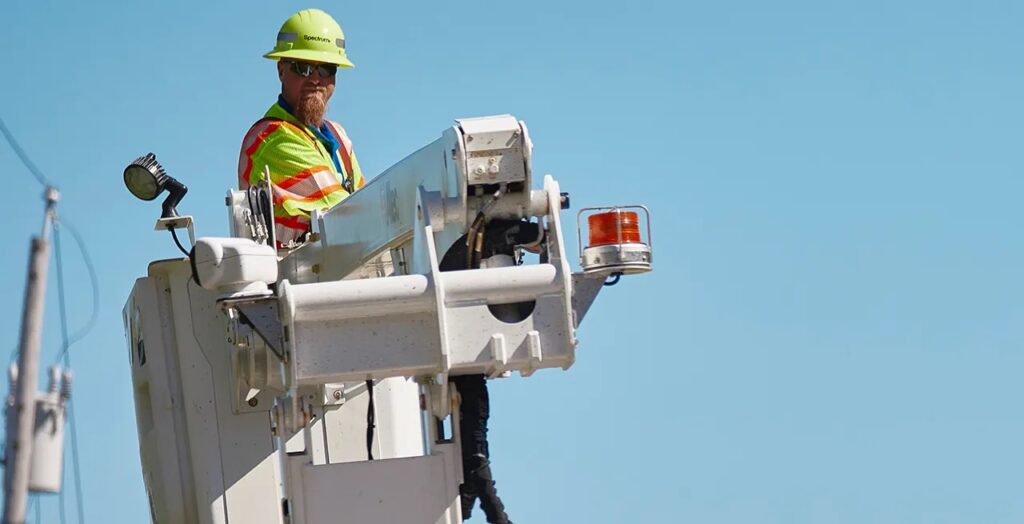Long before the SARS-CoV-2 virus emerged, esports and online gaming were the budding markets many looked to with excitement. Would streaming gameplay REALLY rival conventional sports like football and baseball? Experts projected that by 2021, the esports audience would grow to 84 million Americans, making it the second most popular sport by viewership after the NFL. Esports had (and has) grown to be such a cultural force that internet service providers (ISPs) like Comcast and Cox sponsor teams around the country, not to mention TV networks like Turner getting in on the action. And in the case of Comcast, the company has even begun building a state-of-the art esports arena, equipped with next-generation broadband networks and countless screens to make sure viewers and players don’t miss a second of gameplay. Then in 2020, the COVID pandemic forced the world to come to a halt and avoid in-person events and gatherings of all sizes. And that’s the moment, according to many panelists at this year’s Consumer Electronics Show (CES), esports and gaming demonstrated its power.
“If you’re a true innovator, if you’re put into a box, you’re going to find ways to either utilize that box to create something amazing, or you’re going to find ways to break outside of that box,” Travis Mynard, Esports agent, United Talent Agency remarked to a panel at CES. And that’s what many in the gaming space did. In an era without in-person concerts, popular online games, like Fortnite, organized and presented a live virtual concert within the game itself with the collaboration of hip-hop artist, Travis Scott. Other examples include virtual watch parties on platforms like Twitch, alongside the growth of Twitch beyond merely streaming gameplay (many celebrities and lawmakers now take to the platform in order to connect with audiences on subjects beyond gaming).
“I’ve definitely seen, since the pandemic and COVID, gaming or live streaming platforms have literally replaced all forms of entertainment, especially ones that are live. And so many things I’ve seen from other [parts of the] entertainment industry, like the music industry and the sports world come into our world and try to do what we do, and transform their traditional [events]…what their events looked like I thought was incredibly innovative, the amount of music festivals I’ve seen on Twitch in the past few months to try to cater to that audience has been really incredible to see,” head of talent management at FaZe Clan, Darren Yan, noted in a CES panel discussion.
These platforms and communities were well positioned before the pandemic, thanks to advancements in broadband networks as well as advancements in computer hardware. Latency is critical to a gamer’s success, as Seth Schneider, GeSports Esports product manager at NVIDIA, explained at CES, “video games are interactive, and the measure of that interactivity is latency, and when we think about latency it’s the time it takes our actions to end up as actions on screen.”
Low latency is just one of the advancements touted in the new DOCSIS 4 update, the technology that powers home routers. “The difference between a couple FPS [Frames Per Second], a couple of pings, can make or break a game for you,” Heather Garozzo, vice president of talent at Dignitas, pointed out. DOCSIS technology isn’t the only improvement fueling the growth of esports, high-capacity networks continue to rollout across the country, offering even lower latency and higher speeds, part of the industry’s 10G initiative to deliver next-generation internet connections.
By improving data management at the home network level, gamers get a level of responsiveness that was once reserved only for those with top-of-the-line gaming setups. Now, one’s setup doesn’t dictate one’s success, and that has opened the door for a whole new generation of esports stars. Schneider explained, “this is helping players that can’t necessarily afford a $3,000 computer, go out and actually be able to hop in game, get a good feeling, have lower latency, and start competing…it’s helping people be able to go and play competitively, play at their best.”
With the future still unclear in many ways, it appears esports and gaming have made their marks and done so in ways far outside the box of conventional wisdom. Time will tell the size of the growth of the esports audience, but the influence the industry has had on digital media and entertainment appears to be here to stay.









